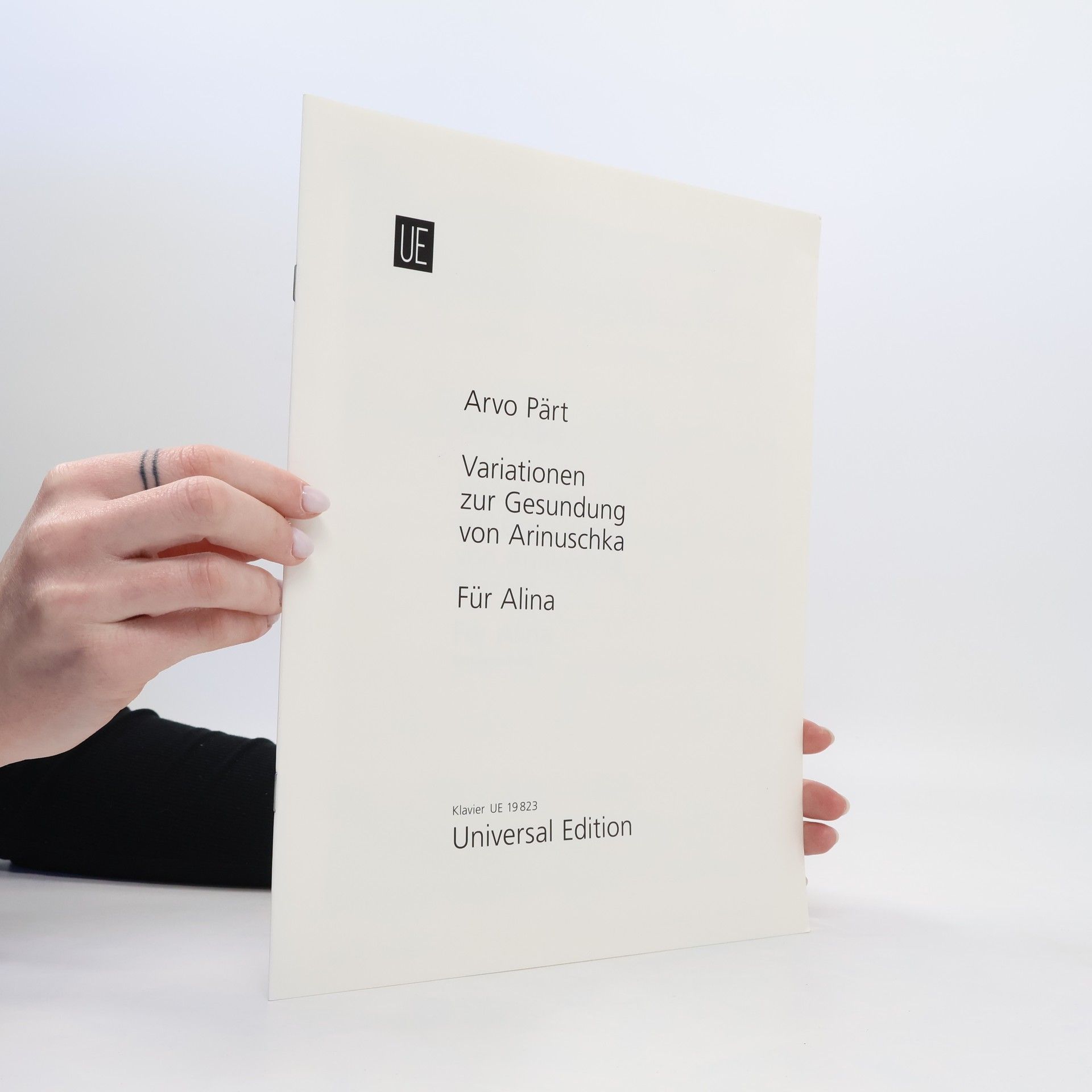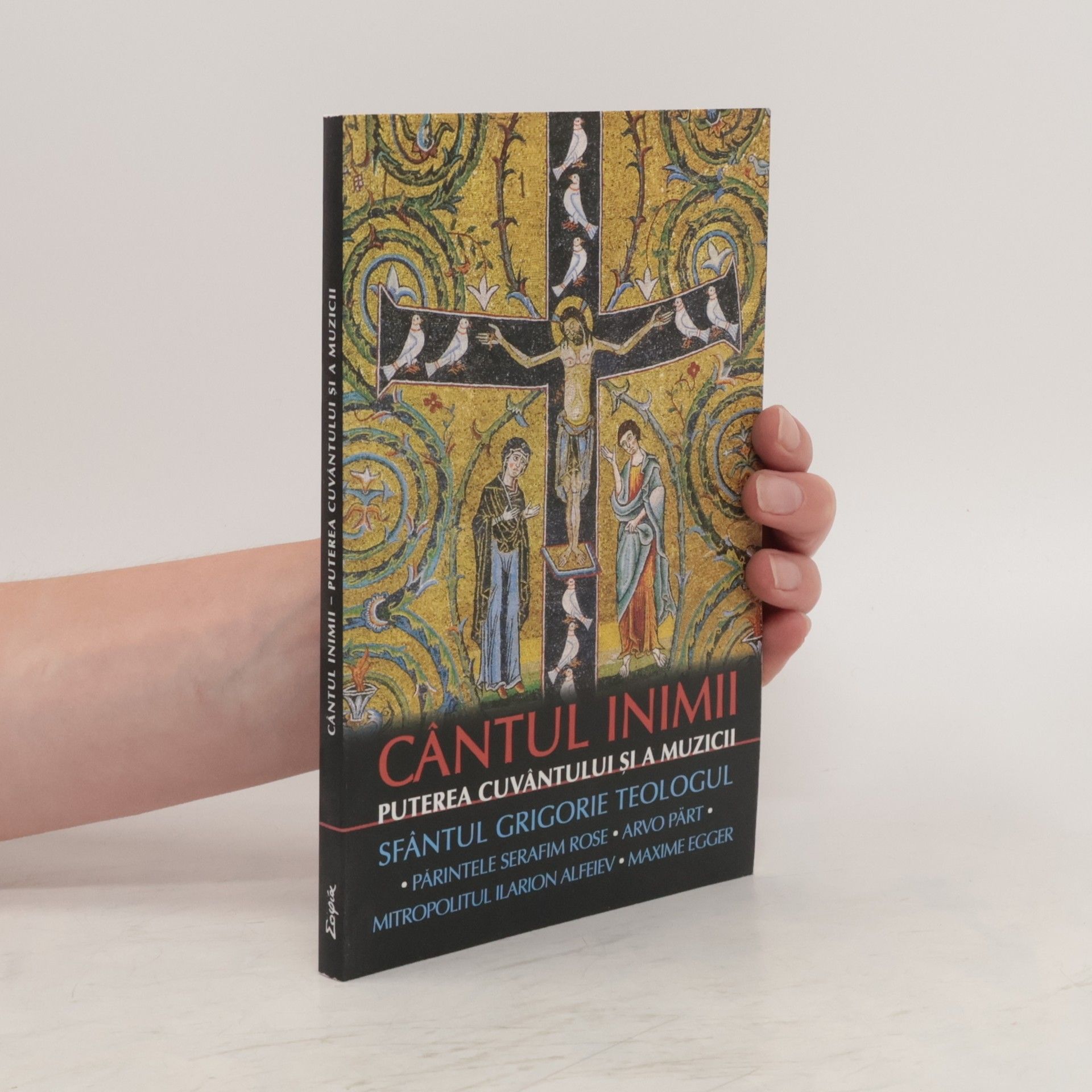Arvo Pärt Knihy
Arvo Pärt je estonský skladatel klasické a chrámové hudby. Od konce 70. let 20. století pracuje v minimalistickém stylu, který využívá jeho vlastní kompoziční techniku tintinnabuli. Jeho hudba je částečně inspirována gregoriánským chorálem a vyznačuje se jedinečným zvukovým jazykem, který oslovuje posluchače svou hloubkou a spiritualitou.




Vater unser
gemischten Chor und Klavier. Chorpartitur.